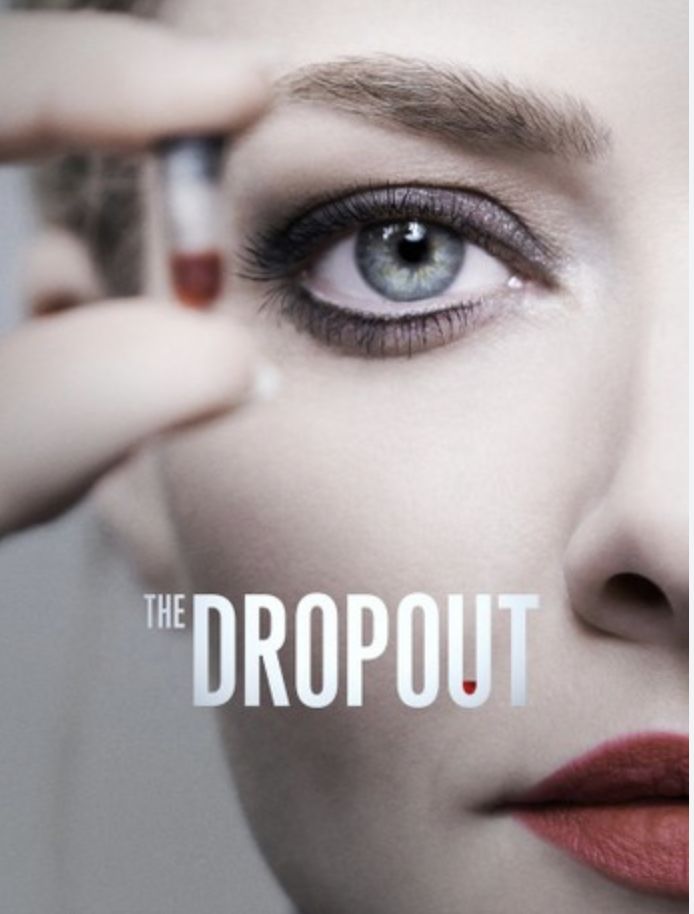Research Seminar: ‘Liars, Scammers and Cheats: (Con)fident Women and Post-Authentic Femininities on Television’

- Date: Wednesday 26 June 2024, 15:45 – 17:00
- Location: Clothworkers North Building LT (Cinema) (2.31)
- Cost: Free
This event is part of the School of Media and Communication research seminar series
The con artist is a long-established established trope of entertainment media. The con is charming, highly intelligent, ruthless, hard-working, ambitious, determined, unapologetic, and ultimately, willing to do whatever it takes to attain the wealth and status they crave. In most media productions historically, however, the con trope was almost invariably a man. In recent years we have witnessed an explosion of popular media productions about women who scam, con, and lie—most of them, based on the life stories of real women. From television series like Inventing Anna and The Dropout to documentaries like LuLa Rich and Bad Vegan, entertainment media corporations are cashing in on a public appetite for stories about women who exploit the trust of others. In this paper, I offer a conjunctural analysis of these proliferating representations of the female con artist (and our appetite for them) by situating them within two interconnected cultural anxieties: anxieties about the “believability” of women’s speech in the aftermath of the #MeToo movement; and anxieties about the capacities for inauthenticity, artifice, and deception inherent to digital social media, which similarly have tended to center on feminine subjects. I ask: what does it mean for media to focus on female con artists at the same time as both popular feminism and popular misogyny enjoy ever greater visibility, as we witness the global movement #MeToo, the rise and fall of the Girl Boss, the exhortation for women to Lean In and make power grabs? What does this focus tell us about gender more generally, when we are witnessing a cultural moment in the US where Roe v Wade has been overturned, there is a religiously informed backlash to women in positions of power that exhort women to retreat to the domestic sphere, there are fierce and harmful debates about gender identity that have resulted in viciously exclusionary state policies, when gender fluidity is an increasingly visible identity practice?
Sarah Banet-Weiser is the Lauren Berlant Professor and the Walter H. Annenberg Dean at the Annenberg School for Communication at the University of Pennsylvania.

